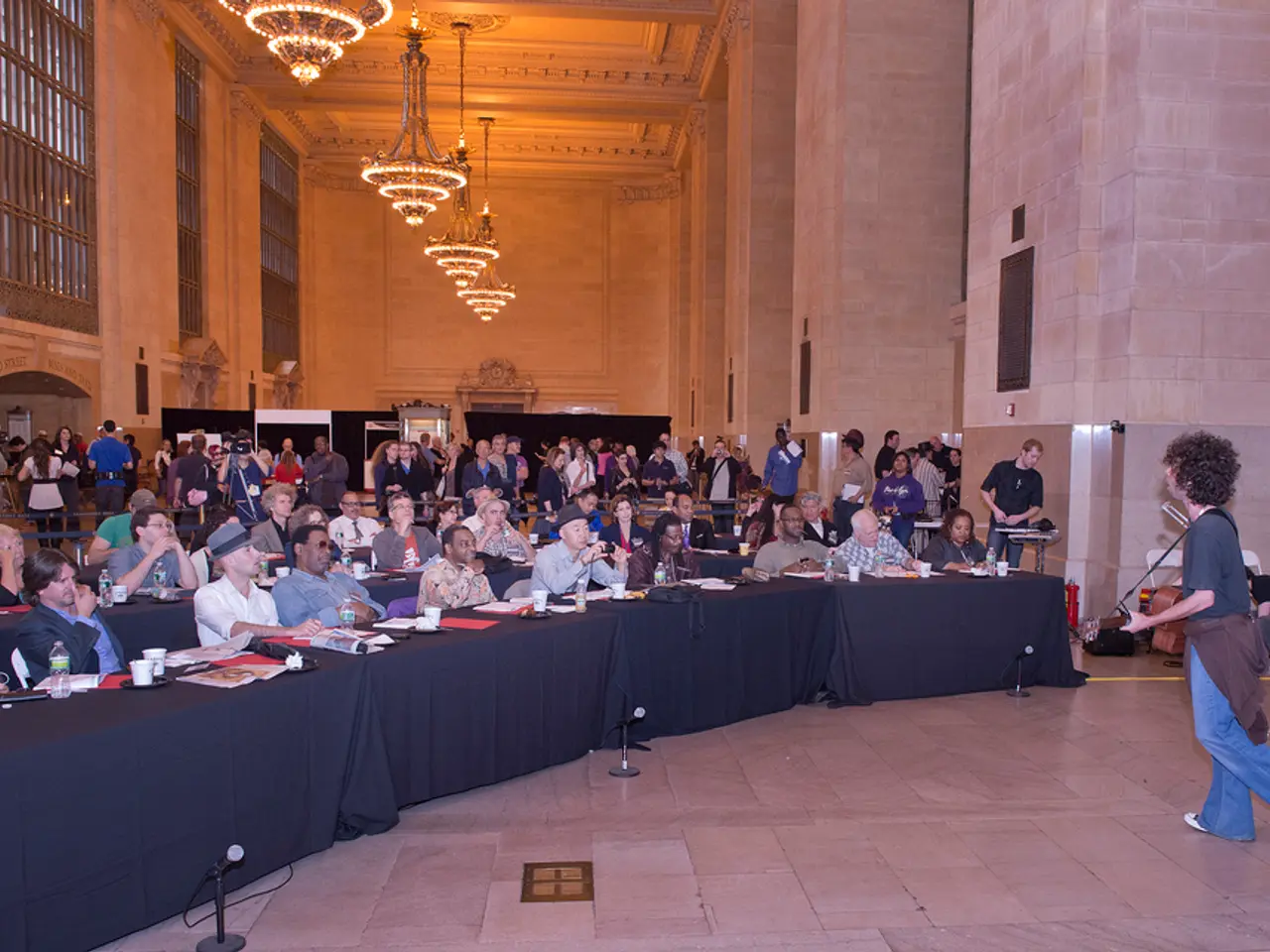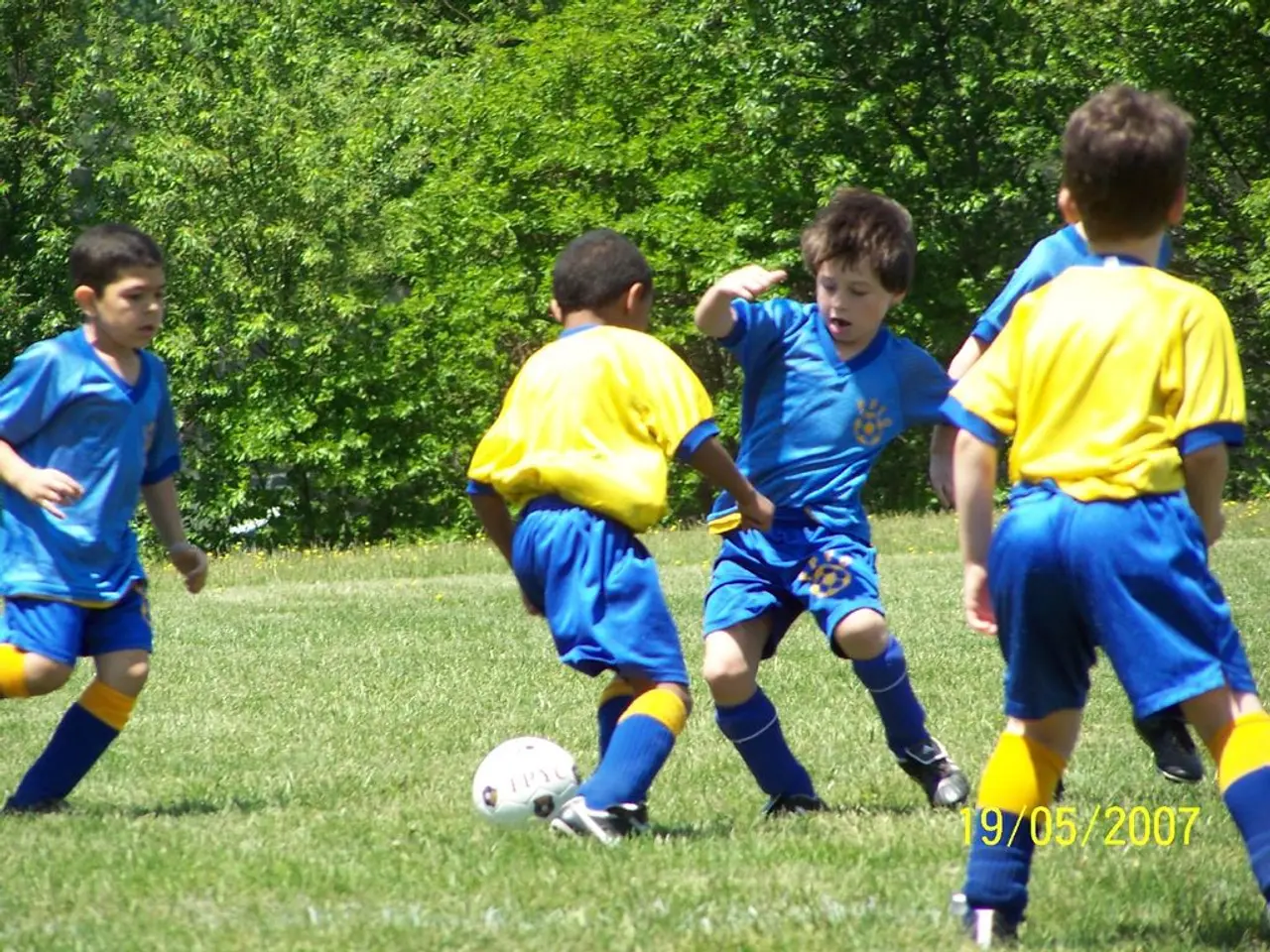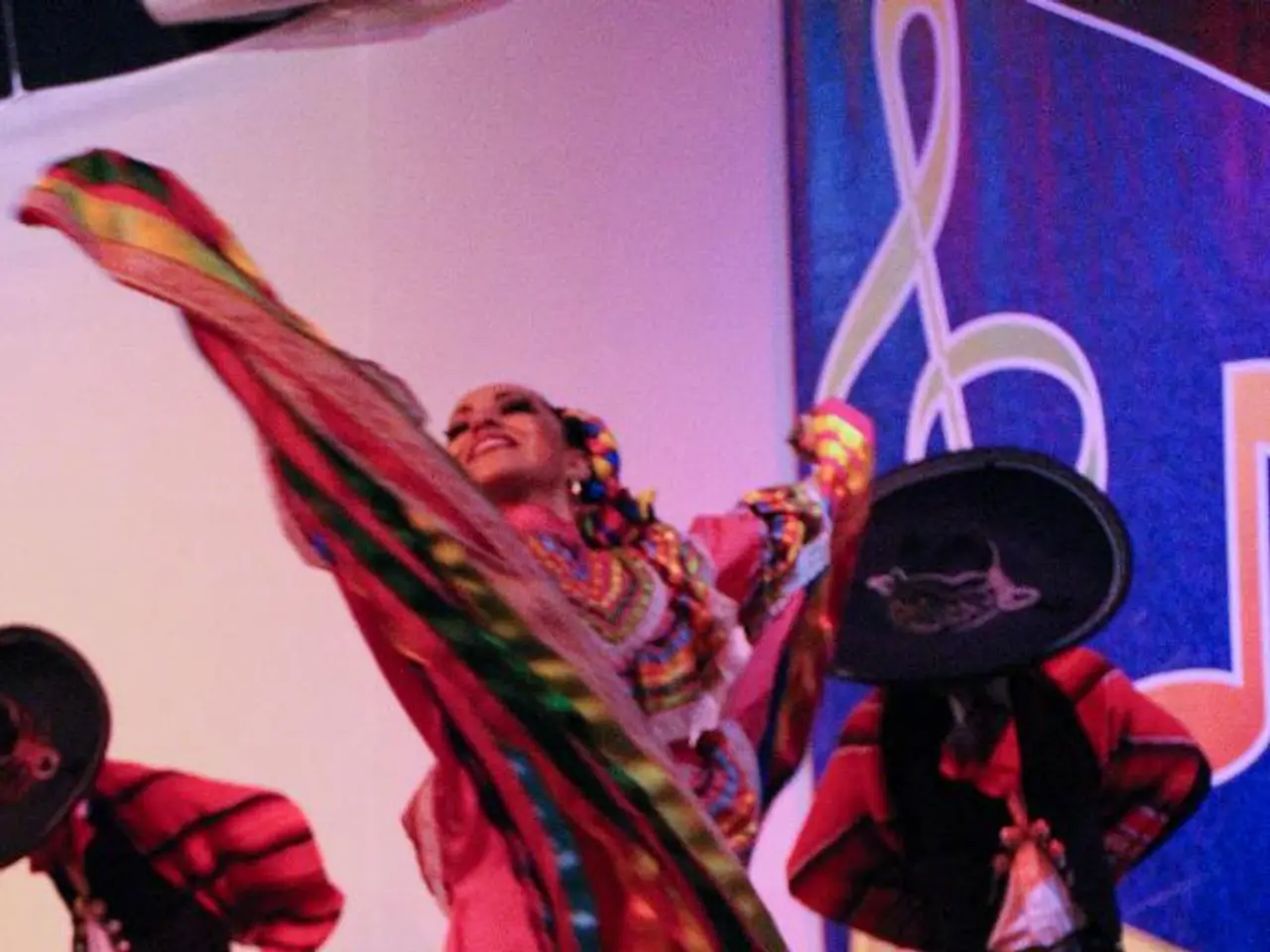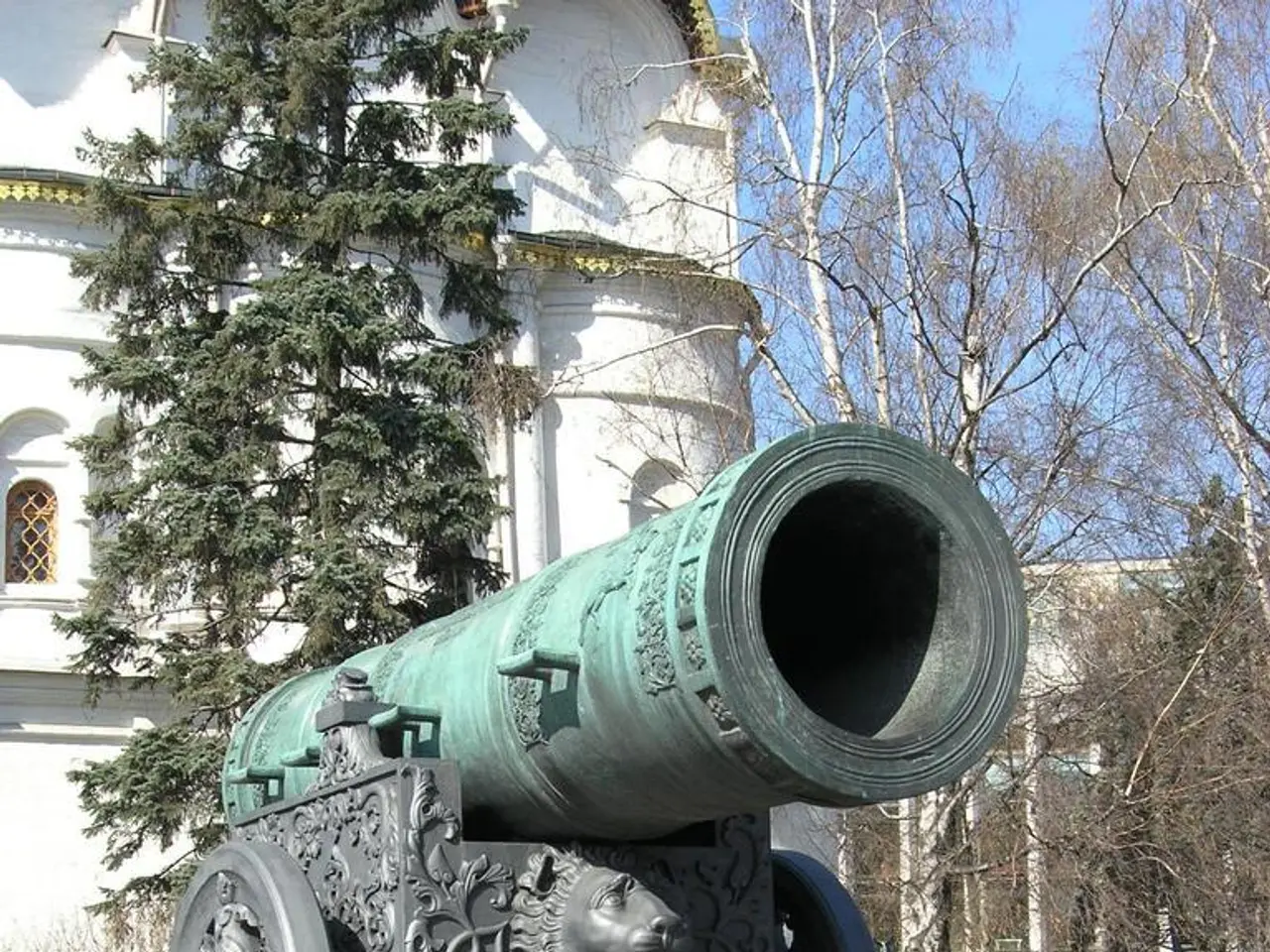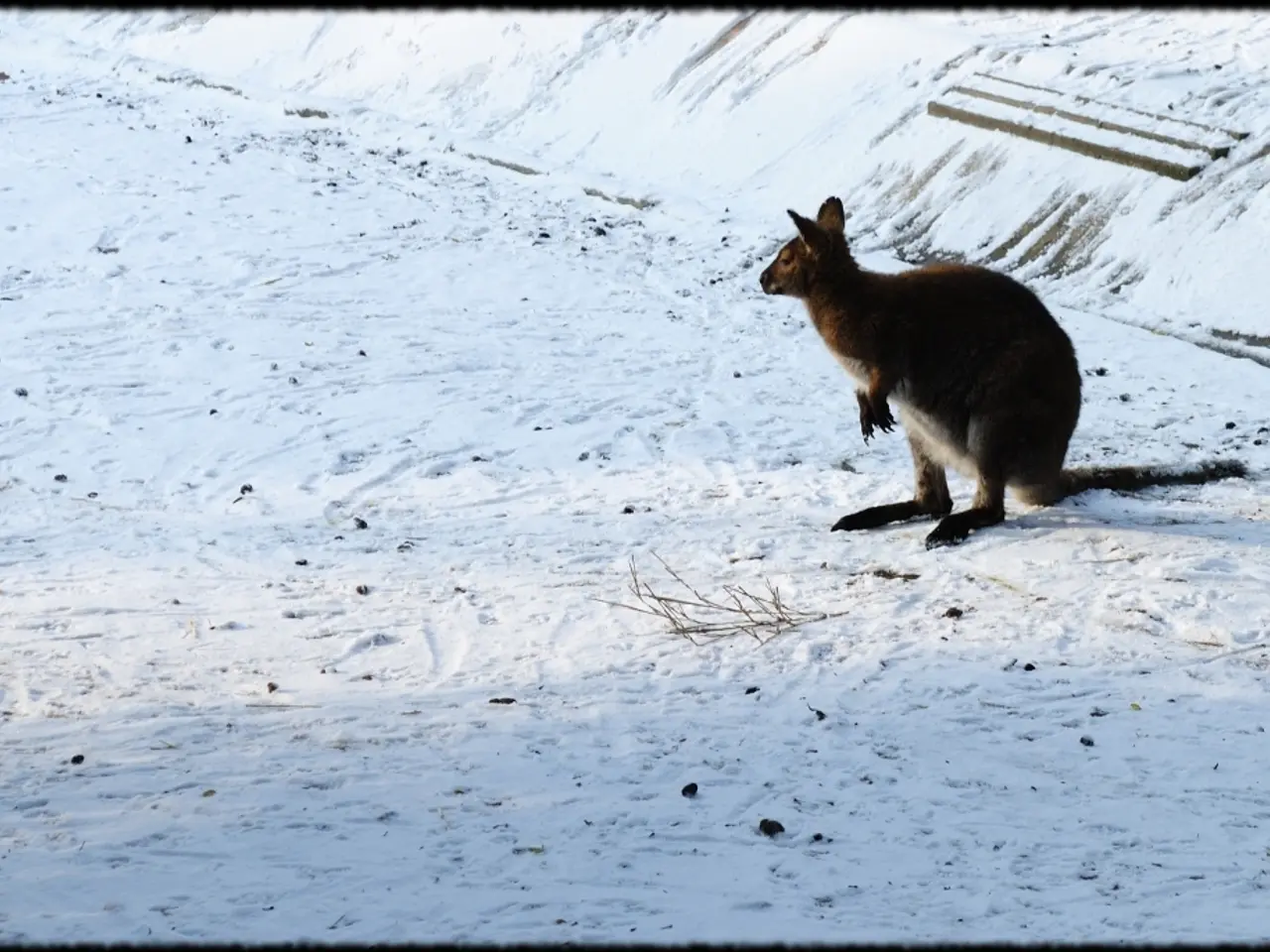Life Story of Legendary Musician Elvis Presley
Elvis Presley, the King of Rock 'n' Roll, embarked on a series of extensive tours in the 1970s that significantly shaped the style, scale, and impact of his live concerts.
Starting in early 1970, Presley resumed extensive touring after his late 1960s television comeback. He had multiple long-term engagements, such as the two-month residencies at the International Hotel in Las Vegas, with two shows per night. These performances were recorded for the album On Stage and the documentary Elvis: That's the Way It Is (1970), which showcased his live style evolving with a jumpsuit costume becoming a signature look.
His 1970 schedule also included record-breaking shows, like the six concerts at the Houston Astrodome, reflecting his continued high demand and popularity. The single “The Wonder of You” from this period charted highly both in the UK and the U.S., indicating his impact on audiences during touring years.
Touring and performing in Las Vegas became the basis of Elvis Presley's career during the 1970s. Tickets for his engagement at the Astrodome were reduced in price, with some seats selling for as little as one dollar, demonstrating the wide appeal of his performances.
Elvis Presley's touring schedule was grueling, with him usually doing two shows on Saturday and Sunday, taking no days off, and playing one-night stands. This demanding schedule had a profound effect on his live performances, resulting in a distinctive live style that combined his trademark jumpsuits, high energy, and an evolving musical approach that blended rock, pop, and adult contemporary influences.
The Elvis: Aloha From Hawaii concert, recorded in 1973, was indicative of Elvis Presley's stage show during the early 1970s. The concert was televised, recorded, and released on an album titled Aloha From Hawaii via Satellite. The album hit the top spot on Billboard's album chart, remaining on the charts for 52 weeks.
Despite the intense touring, Presley faced personal and security challenges, including threats, which led him to carry weapons onstage during some performances, showing the added pressures around his tours in this decade. The pressure of performing live and the physical nature of the performances resulted in sleeplessness, bouts of depression, and exaggerated emotional responses for Elvis Presley.
In summary, Elvis's 1970s touring schedule was both extensive and demanding, significantly shaping the style, scale, and impact of his live concerts during that decade. This touring also reinforced his status as a dynamic live performer until health issues later affected his appearances.
References:
[1] Guralnick, P. (2001). Last Train to Memphis: The Rise of Elvis Presley. Little, Brown and Company.
[2] Lelchuk, R. (2006). Elvis: Still Taking Care of Business. Backbeat Books.
[4] Davis, P. (2007). Elvis Presley: A Life in Music. Schirmer Trade Books.
[5] Perkins, J. (1973). Elvis on Tour. Warner Bros. Records.
Celebrities such as Elvis Presley played a significant role in shaping pop-culture during the 1970s, as his touring schedule, characterized by high-energy performances and jumpsuit costumes, became synonymous with entertainment. His appearances on television and concert recordings, like the acclaimed Elvis: Aloha From Hawaii performance, further solidified his influence on the music industry and popular culture.
